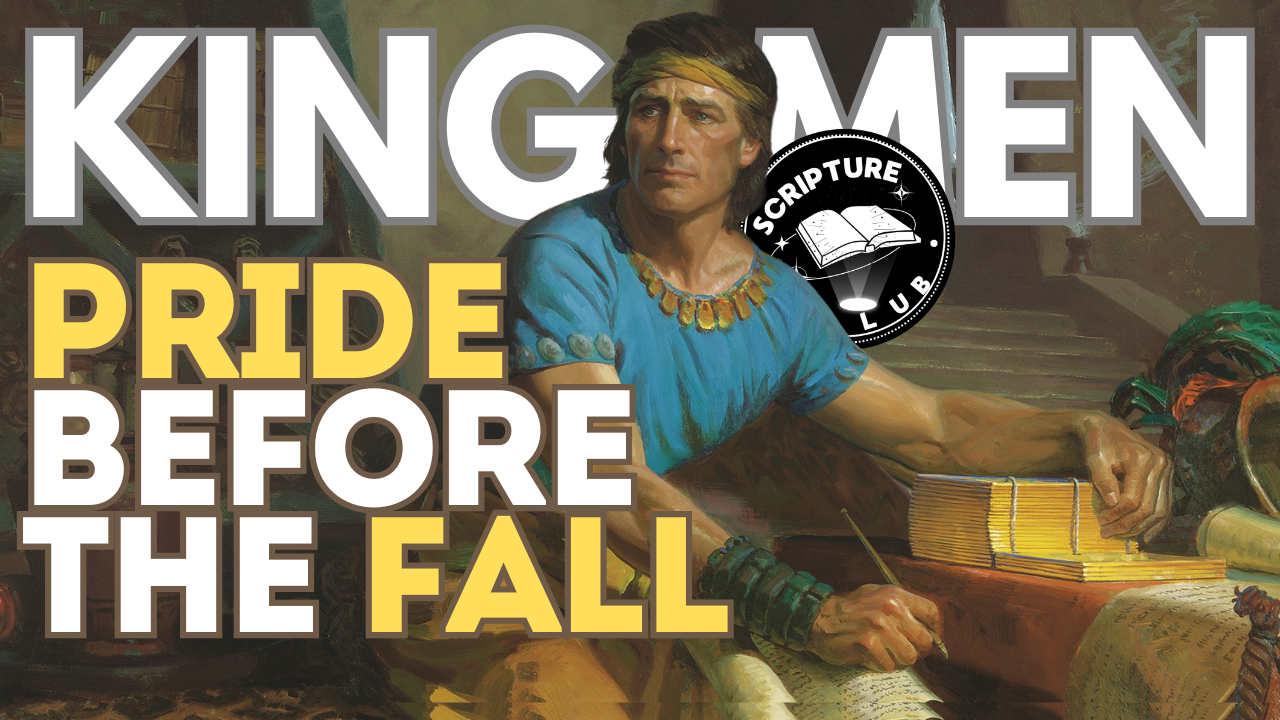The King-Men were a divisive political faction among the Nephites during the time of the Book of Mormon. Their actions and ideology provide profound lessons on pride, governance, and the consequences of putting personal power over the welfare of society. But who were they, and what can we learn from their story?
The King-Men emerged during the reign of the judges, a system of government established after the Nephites rejected monarchy. Despite the establishment of a system intended to give equal representation and accountability, the King-Men sought to abolish the reign of the judges and restore a monarchy.
These individuals were often highborn Nephites, descendants of Nephi or the Mulekite royal line. They felt entitled to positions of power and wealth, which they believed were denied to them under the system of judges. Alma 51:8 describes their reasoning as stemming from “pride” and a desire for greater influence over the people.
The Ideology of the King-Men
At the heart of the King-Men’s movement was a rejection of equality. They sought to consolidate power in the hands of a king, a ruler they could likely influence or control. Their movement was fueled by pride, self-interest, and a disregard for the freedoms of the people.
Their opposition to the system of judges, which prioritized the voice of the people, created divisions among the Nephites. It was not merely a political disagreement; it was a challenge to the fundamental values of their society.
Conflict with the Free-Men
The Free-Men, the opposing faction, supported the system of judges and sought to preserve liberty and equality. Their efforts clashed with the King-Men’s desire for hierarchical rule, culminating in political turmoil.
This division was especially dangerous during a time of war with the Lamanites. The King-Men refused to take up arms to defend their people, seeing the war as an opportunity to undermine the Free-Men and increase their own chances of seizing power. Alma 51:13 recounts how the King-Men were ultimately forced into military service, and some were even executed for their treasonous refusal to defend their nation.
The Downfall of the King-Men
The pride and ambitions of the King-Men weakened the Nephite nation, making them more vulnerable to external threats. The Book of Mormon teaches that their focus on personal power over collective good contributed to the eventual downfall of their society. The King-Men’s story serves as a cautionary tale about the dangers of pride and disunity.
Lessons for Today
The story of the King-Men is not just a historical account; it holds significant relevance for modern times. Here are a few lessons we can draw from their actions:
1. Pride Undermines Unity: When personal ambitions and pride take precedence over collective good, it leads to division and societal decay.
2. Defending Liberty is a Collective Responsibility: The King-Men’s refusal to defend their nation in wartime highlights the importance of shared responsibility in preserving freedom.
3. Entitlement Breeds Resentment: The King-Men’s sense of entitlement fueled their rebellion. Today, we can examine how entitlement can lead to dissatisfaction and discord.
Conclusion
The King-Men were more than just a political faction; they were a symbol of the dangers of pride, entitlement, and division. Their actions and their ultimate downfall remind us of the importance of humility, unity, and a commitment to the greater good.
As we navigate our own lives and communities, we can strive to embody the values of the Free-Men by prioritizing service, equality, and mutual respect.
What can we learn from the King-Men today? Share your thoughts in the comments, and don’t forget to subscribe for more insights from the Book of Mormon and scripture-based discussions. Together, we can learn from the past to build a better future.




